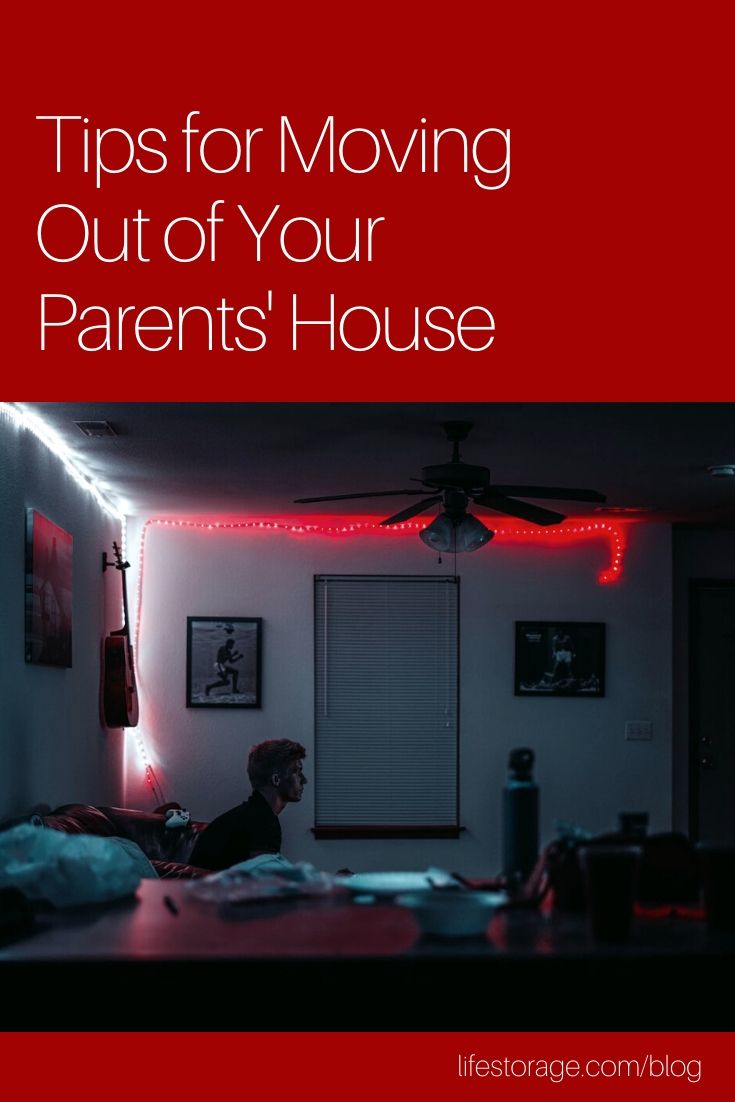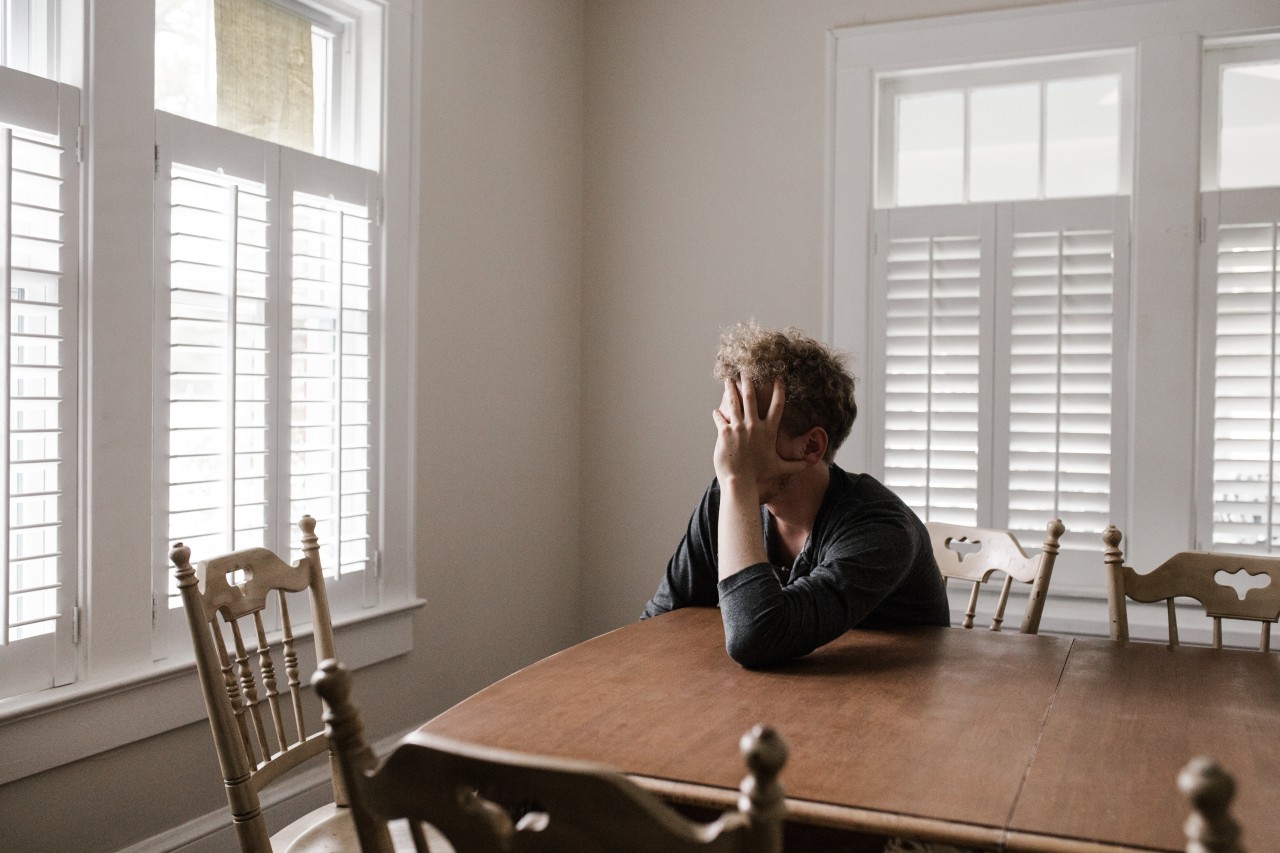
Most young adults don’t know how to move out of their parents’ house gracefully. Remember, this is an emotional time for your parents, and it could bring about some mixed emotions for you as well. Parents might be venturing into empty nest life, and you are moving out for the first time. That’s a big deal.
Don’t let the excitement of starting over prevent you from taking care of your belongings and yourself. One thing you shouldn’t do is leave all your childhood stuff behind without a conversation and a plan. Now is the time to figure out what to do with the things from your childhood that you don’t want to be thrown away, but may not have enough storage space for in your current living situation.
Also, be sure to set up your first home effectively and foster some independence. We have tons of advice that we’ve collected over the years that will help you make the most of this transition. Read through the following and dive deeper into any section where you feel you’re currently struggling. These tips for moving out for the first time covers mental, logistical, and relational issues.
1. Mentally prepare for the transition.

When you’re young, it’s easy to ignore potential red flags and not deal with them until they are glaring you in the face. The fear of the unknown and the stress of thinking you need to have it all figured out can add considerable weight to the move out process. It’s helpful to know you’re not alone in how you’re feeling.
If you feel the stress building as you approach the move, check out the following advice.
- Read these tips on living alone for the first time.
- Find out how other first-timers prepare for college life.
- Here’s how to deal with moving stress and anxiety.
2. Communicate with your parents.
Who wants to sit down and have awkward conversations with their parents or kids? Communication is not easy when emotions are involved, or communication styles vary. Find the time when everyone feels calm and collected and then consider the following.
Young adults — When you leave your parents’ home, you need to communicate what you want to be saved and what can be donated or discarded. If you need help with money or moving, ask. Try not to demand or expect help your parents may not be able to give.
Parents — Talk to your children and understand what items they’d like saved. Let them know, in turn, how long you are willing to hold onto your child’s possessions. Be firm (your house is not a free self storage unit for your grown kids) but be fair (understand they’re moving gingerly into adulthood). Be open about how much you’re willing to help them get set up in their new home.
3. Take accountability for your stuff.

There are certain things you need when you move out of your parents’ house, and there are other things you don’t need, but you want. To avoid any potential conflict about belongings down the road, review this checklist before moving out of your parents’ house. It’s helpful to do this when you’re in packing mode and not just dump your belongings on your parents for an indefinite amount of time, which is what many young adults end up doing.
Some items shouldn’t be donated or discarded without the green light. Consider what you should do with the following:
- Championship trophies. Scouting badges. A wedding dress. These items embody memories from the most significant, character-shaping days of your life. Your parents need to respect this.
- Photographs, yearbooks, and scrapbooks. The digital age is making these items obsolete, but for those of us who came of age in that ancient era of the 1990s, hard copies of our memories are sometimes still necessary.
- A beloved childhood toy. In all seriousness, the bond you have with a favorite stuffed animal or a special holiday gift can never be replicated. You may want to share these items with your children. Take care to store these items safely, so they do not get sucked up in one of your parents’ decluttering sessions.
- Select artwork, music, or awards. Again — only “the best of the best.” If you were a valedictorian, consider saving your medal. Every academic certificate you earned in high school? Not so much.
- The baby book. First steps, first words, growth charts and more are contained in these pages. You’ll want this for the rest of your life.
Save some treasures, but don’t be afraid to move on. There are still a lot of great memories to come. You’ll need the space.
3. Create a plan for moving out.
Moving out is hard, especially when it’s your first time. If you have no clue where to begin, here are some helpful moving resources:
- Going to school out of state? Check out this guide
- These are some of our best packing and moving tips
4. Set a budget and stick to it.

Just because everyone on social media has expensive furniture from Anthropologie doesn’t mean you need to have it, too. One of the first lessons of adulthood is learning how to make a budget and sticking to it. Living outside your means might be fun at first, but it can quickly turn into a pile of debt that you have trouble paying off.
Here’s how to furnish your first place on a budget:
- 7+ Tips for Furnishing Your New Home on a Budget
- Draft a checklist of essential items for your first apartment.
How do you feel about the upcoming move out of your parents’ house? Are you dreading it? Are you excited? It’s okay to feel both. Good luck!
This post originally published in 2015 and was revised on 11/29/19 with new information.






